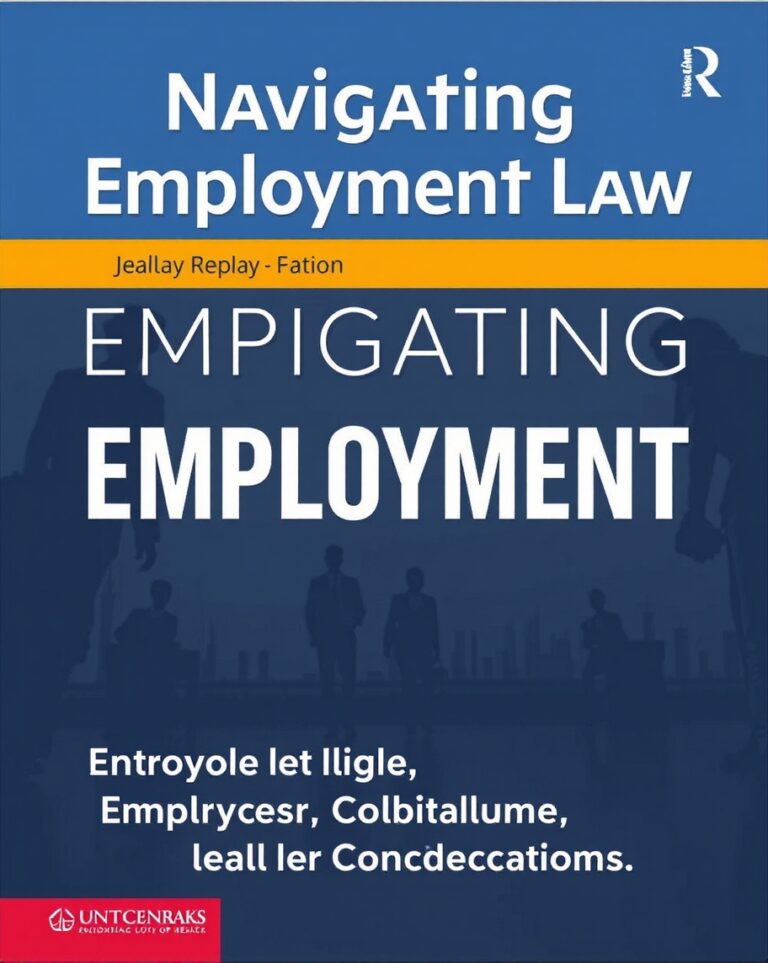
Introduction
Divorce is a significant life event that can have profound emotional, financial, and legal implications. Understanding divorce law is crucial for individuals seeking to navigate the complexities of ending a marriage. This article provides an in-depth overview of divorce law, the legal processes involved, key considerations for individuals, and potential challenges. By incorporating high CPC keywords, this guide aims to enhance visibility and provide valuable insights for those facing divorce.
What is Divorce Law?
Divorce law encompasses the legal rules and procedures governing the dissolution of a marriage. It addresses issues such as property division, child custody, alimony, and child support. Each jurisdiction may have specific laws and regulations regarding divorce, so understanding the local legal framework is essential.
Types of Divorce
Divorce can be classified into several types, including:
- Uncontested Divorce: Both parties agree on all major issues, including property division and child custody, making the process simpler and quicker.
- Contested Divorce: The parties disagree on one or more key issues, requiring court intervention to resolve disputes.
- No-Fault Divorce: Neither party is required to prove wrongdoing; they simply need to state that the marriage is irretrievably broken.
- Fault Divorce: One party alleges that the other has committed a specific fault (e.g., adultery, abandonment) that justifies the divorce.
Key Considerations in Divorce Law
1. Property Division
One of the most contentious aspects of divorce is the division of marital property. Laws regarding property division vary by jurisdiction, but they generally fall into two categories:
- Community Property: In community property states, assets acquired during the marriage are considered jointly owned and are divided equally between the spouses upon divorce.
- Equitable Distribution: In equitable distribution states, marital property is divided fairly but not necessarily equally. The court considers various factors, such as the length of the marriage, each spouse’s financial contributions, and their future needs.
2. Child Custody and Support
When children are involved, custody and support are critical issues. Courts typically prioritize the best interests of the child when determining custody arrangements. Key custody types include:
- Physical Custody: The parent with whom the child primarily resides.
- Legal Custody: The right to make important decisions about the child’s upbringing, such as education and healthcare.
Child support is typically calculated based on the non-custodial parent’s income and the child’s needs. Many jurisdictions have established guidelines to determine the appropriate support amount.
3. Alimony (Spousal Support)
Alimony, or spousal support, may be awarded to one spouse to provide financial assistance following a divorce. Factors influencing alimony decisions include the length of the marriage, the recipient spouse’s financial needs, and the paying spouse’s ability to pay. Alimony can be temporary or permanent, depending on the circumstances.
4. Divorce Mediation and Negotiation
Many couples opt for mediation to resolve divorce-related disputes amicably. Mediation involves a neutral third party who facilitates discussions and helps the parties reach mutually agreeable solutions. This approach can save time, reduce costs, and minimize the emotional toll of a contested divorce.
The Divorce Process
1. Filing for Divorce
The divorce process typically begins when one spouse files a petition for divorce with the appropriate court. This document outlines the grounds for divorce and any requests for relief, such as property division or child custody.
2. Serving the Papers
Once the divorce petition is filed, the other spouse must be formally notified. This is known as serving the divorce papers. Proper service is essential to ensure that the divorce proceedings can continue.
3. Response and Counterclaims
The spouse who receives the divorce papers has a specified period to respond. They may agree to the terms, contest the petition, or file counterclaims addressing their concerns.
4. Discovery
During the discovery phase, both parties exchange relevant information and documents related to financial matters, child custody, and other pertinent issues. This process helps ensure transparency and informs negotiations.
5. Negotiation and Settlement
Many divorce cases are resolved through negotiation and settlement agreements. If the parties can reach an agreement on all issues, they can submit the agreement to the court for approval.
6. Trial
If the parties cannot reach an agreement, the case may proceed to trial. A judge will hear evidence and make determinations regarding property division, custody, and support. The trial process can be lengthy and costly, emphasizing the importance of negotiation and mediation.
Challenges in Divorce Law
1. Emotional Stress
Divorce is often an emotionally challenging experience, impacting mental well-being and decision-making. It’s essential for individuals to seek support from friends, family, or professionals during this difficult time.
2. Legal Complexity
Divorce law can be complex, with varying regulations depending on the jurisdiction. Individuals may struggle to understand their rights and responsibilities, making it crucial to consult with a qualified family law attorney.
3. Financial Implications
Divorce can have significant financial implications, affecting both parties’ economic stability. It’s essential to assess financial situations, including assets, debts, and potential future expenses, when navigating divorce.
4. Child Custody Disputes
Custody disputes can become contentious, especially when both parents have strong attachments to their children. Prioritizing the child’s best interests while addressing each parent’s needs can be challenging.
Conclusion
Understanding divorce law is essential for individuals navigating the complexities of ending a marriage. By grasping key considerations, legal processes, and potential challenges, individuals can better prepare for the emotional and financial implications of divorce. Whether pursuing an amicable resolution through mediation or preparing for a contested divorce, seeking legal advice and support can help individuals protect their rights and achieve favorable outcomes.
As divorce law continues to evolve, staying informed and proactive will empower individuals to make informed decisions during this significant life transition.



